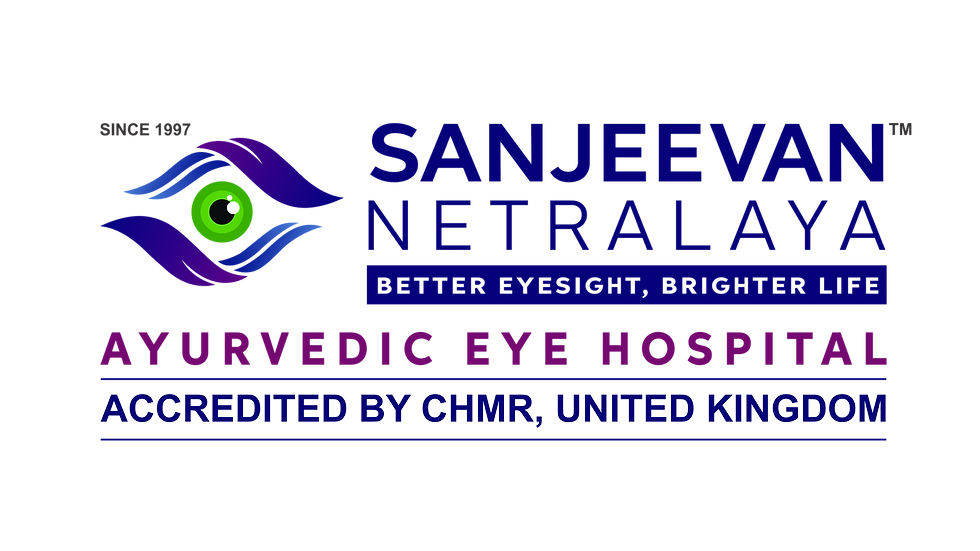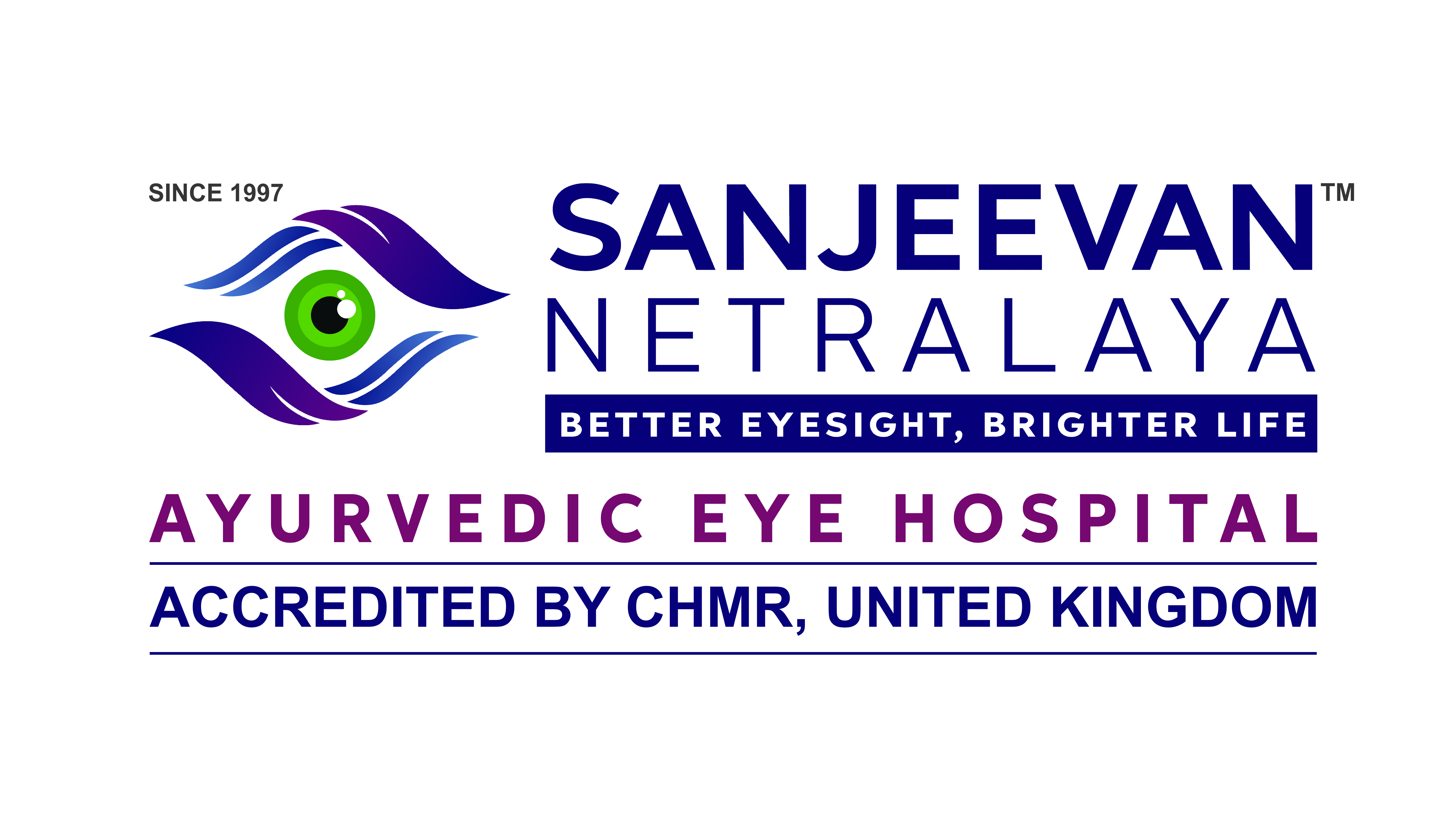- Hiren Suryawanshi
- Aug 20, 2024
- 3 min read
Updated: Sep 28, 2024

What is VKH Syndrome:
Vogt-Koyanagi-Harada (VKH) disease is characterised by bilateral granulomatous panuveitis, with or without extraocular symptoms, typically affecting young adults.
Symptoms VKH Syndrome:
The clinical features of VKH disease vary depending on the stage of the disease, which includes the prodromal stage, uveitic stage, chronic stage, and chronic recurrent stage.
- Prodromal Stage: Symptoms during this stage resemble those of a viral illness, including headaches, fever, orbital pain, nausea, dizziness, and light sensitivity. These symptoms typically last 3-5 days. Within a few days, the patient may experience blurred vision, photophobia, conjunctival hyperemia, and ocular pain.
- Uveitic Stage: This stage is marked by blurred vision in both eyes, though one eye may be affected first, with 94% of cases involving the second eye within two weeks. The initial signs of posterior uveitis include thickening of the posterior choroid, elevation of the peripapillary retino-choroid layer, hyperemia and edema of the optic disc, and circumscribed retinal edema, accompanied by multiple serous retinal detachments. As the inflammation spreads, it can result in panuveitis affecting the anterior chamber.
- Chronic or Convalescent Stage: This stage occurs weeks after the uveitic stage and is characterised by the development of vitiligo, poliosis, and choroidal depigmentation. Sugiura’s sign (perilimbal vitiligo) is the earliest sign of depigmentation, appearing about one month after the uveitic stage. Choroidal depigmentation, which occurs several months later, results in a pale disc with a bright red-orange choroid, known as a “sunset-glow fundus.” This stage may last several months.
- Recurrent Stage: This stage involves panuveitis with acute exacerbations of anterior uveitis. Recurrent posterior uveitis with exudative retinal detachment is rare. Iris nodules may develop during this stage, and it is also the phase where most vision-threatening complications, such as cataracts, glaucoma, and subretinal neovascularization, are likely to occur.
Complications:
According to Read et al., at least one complication develops in 51% of eyes affected by VKH disease. The most common complications include:
- Cataracts
- Glaucoma
- Choroidal Neovascularization
- Subretinal Fibrosis
- Choroidal Atrophy
- Posterior Synechiae
- Optic Atrophy

At Sanjeevan Netralaya Ayurvedic Eye Hospital, VKH Syndrome is treated with great success.
Ayurvedic Treatment for VKH Syndrome at Sanjeevan Netralaya Ayurvedic Eye Hospital
Vogt-Koyanagi-Harada (VKH) syndrome is a rare, autoimmune condition that affects various parts of the body, including the eyes, skin, and nervous system. It primarily involves inflammation of the eyes, leading to potential vision loss if not managed effectively.
At Sanjeevan Netralaya Ayurvedic Eye Hospital, we offer specialized Ayurvedic treatment for VKH syndrome aimed at reducing inflammation and managing the autoimmune response to protect and restore vision.
VKH Disease Symptoms
may include:
• Sudden vision loss or blurring
• Pain or redness in the eyes
• Sensitivity to light (photophobia)
• Floaters or shadows in the field of vision
• Hearing loss or tinnitus (ringing in the ears)
• Skin changes, such as vitiligo (patches of lost skin color) or hair loss
Recognizing these symptoms early is critical for managing VKH syndrome and preventing irreversible damage.
Ayurvedic Treatment for VKH Syndrome at Sanjeevan Netralaya focuses on calming the immune system, reducing inflammation, and supporting overall health. Our comprehensive treatment approach includes:
• Herbal Formulations: Utilizing Ayurvedic herbs with potent anti-inflammatory and immunomodulatory properties to address the underlying autoimmune response and reduce eye inflammation.
• Holistic Healing: Aiming to support the body's natural healing processes by restoring balance and promoting health across all systems affected by VKH syndrome.
• Dietary and Lifestyle Guidance: Providing personalized recommendations for diet and lifestyle changes that can help manage symptoms, improve overall health, and prevent flare-ups.
At Sanjeevan Netralaya, our Ayurvedic treatment for VKH syndrome is tailored to the individual needs of each patient, ensuring a holistic approach that addresses not only the symptoms of VKH disease but also the underlying imbalances in the body.
If you or a loved one is suffering from VKH syndrome, contact Sanjeevan NetralayaAyurvedic Eye Hospital today to learn more about how our Ayurvedic treatment can help manage this complex condition and protect your vision and overall well-being.

